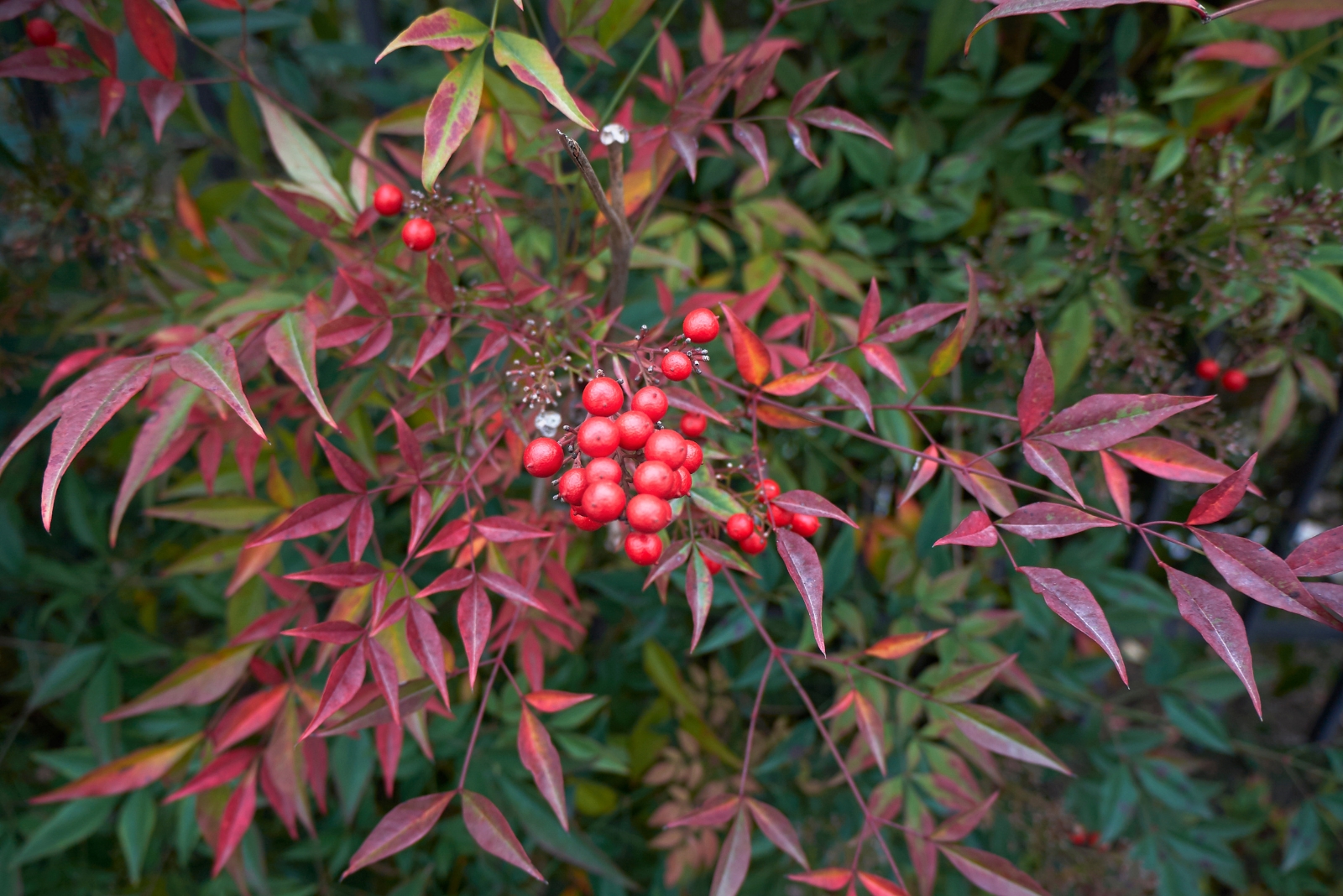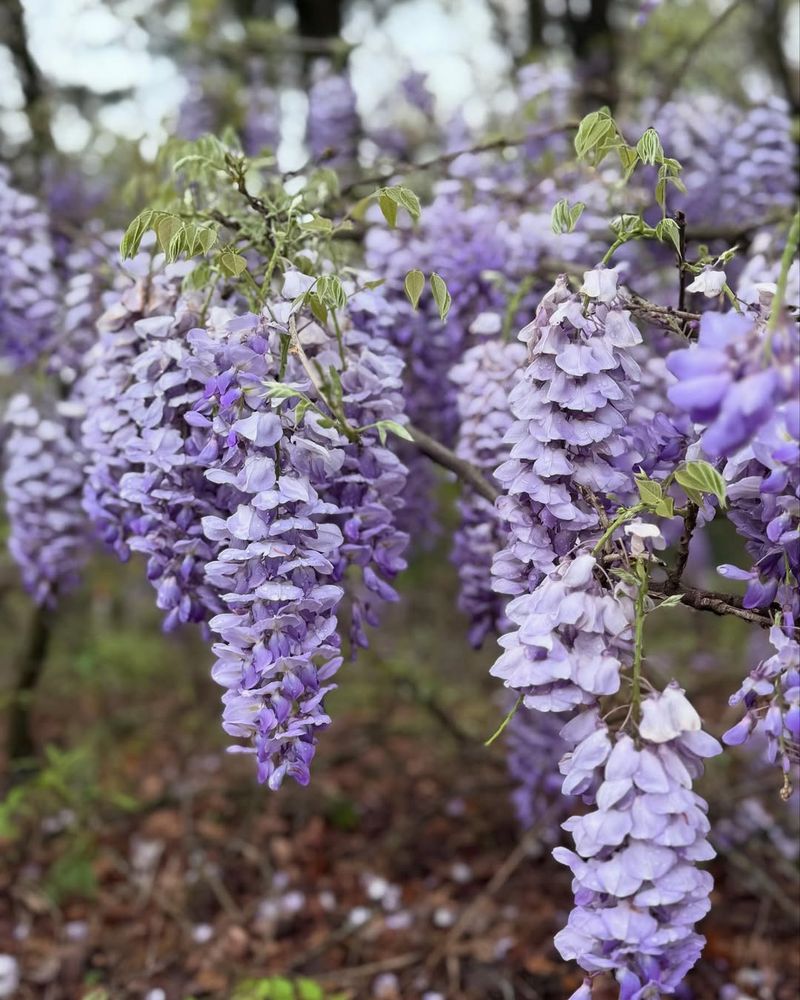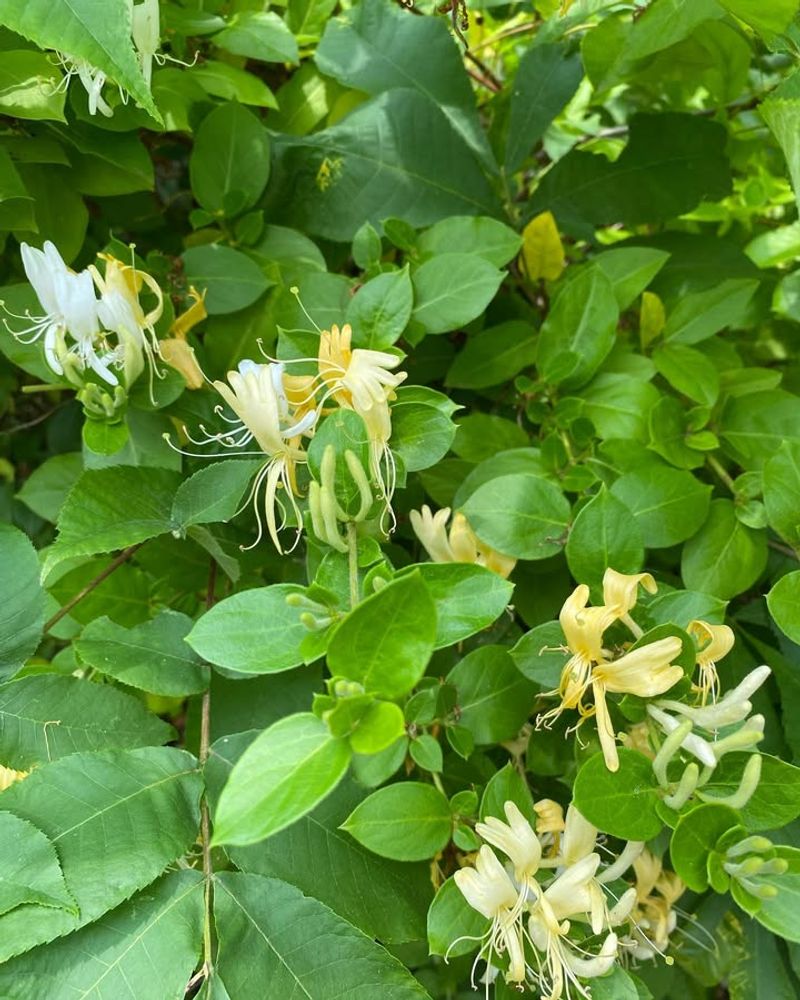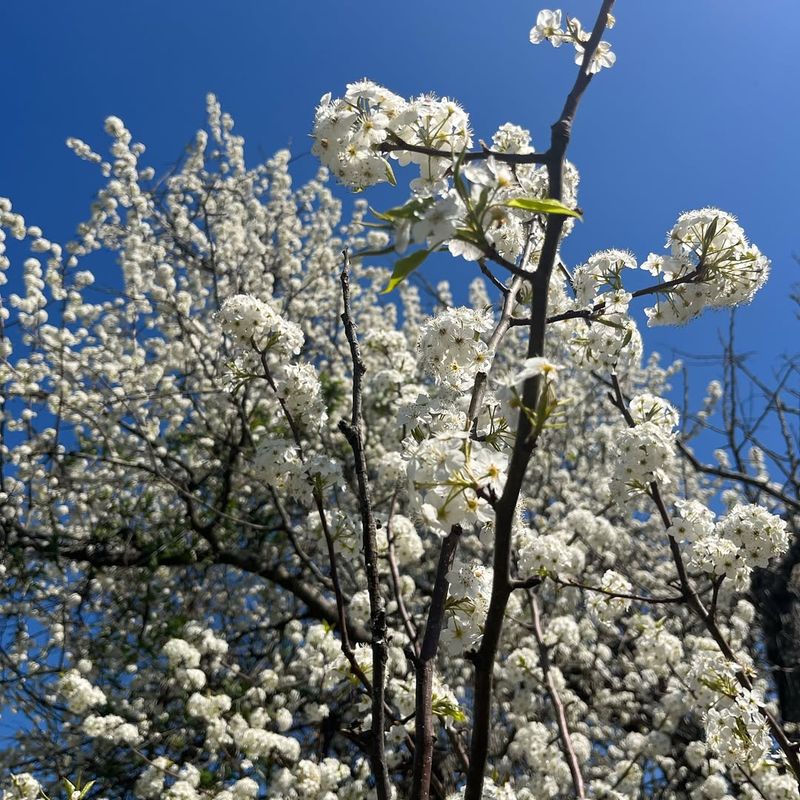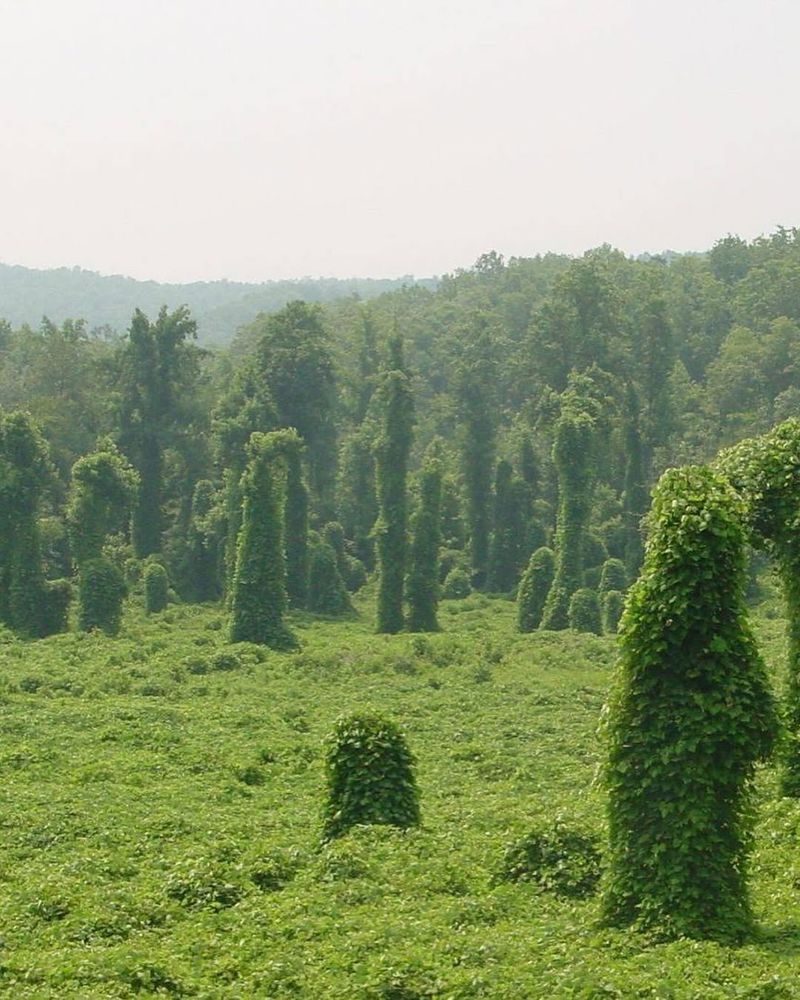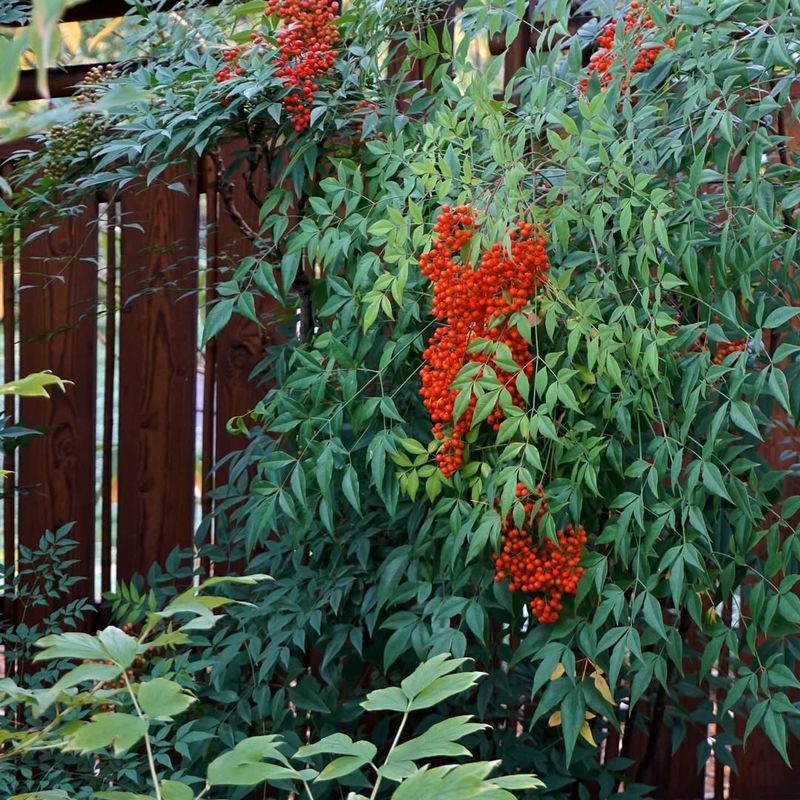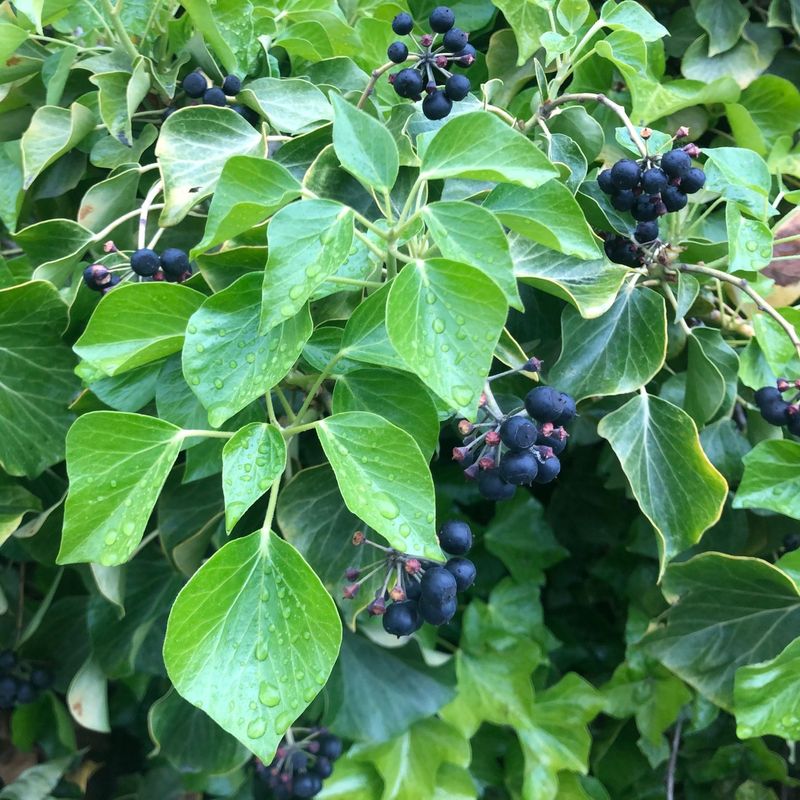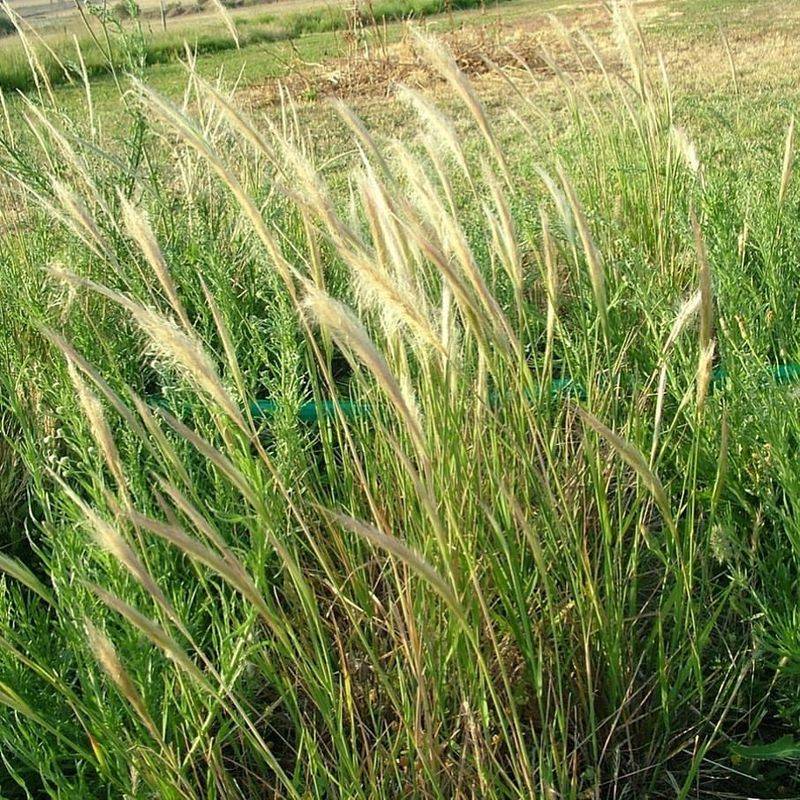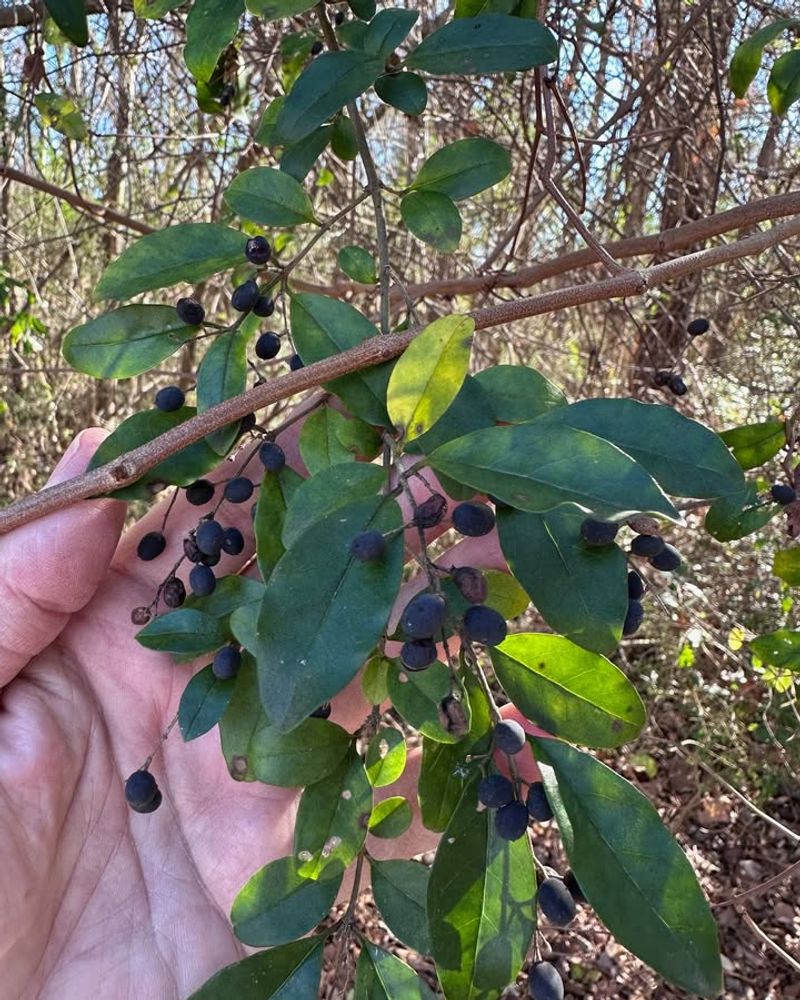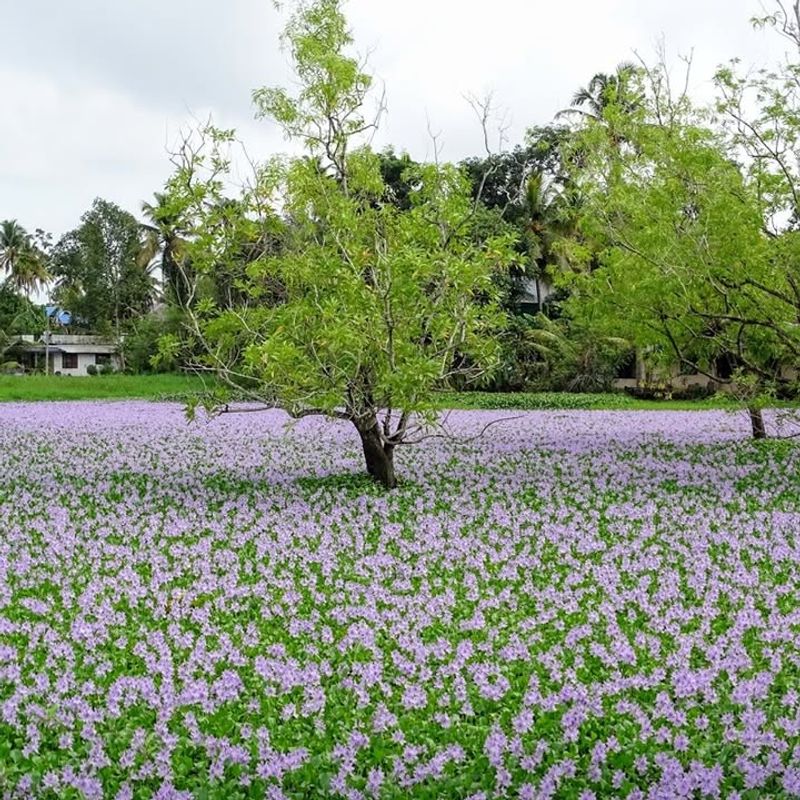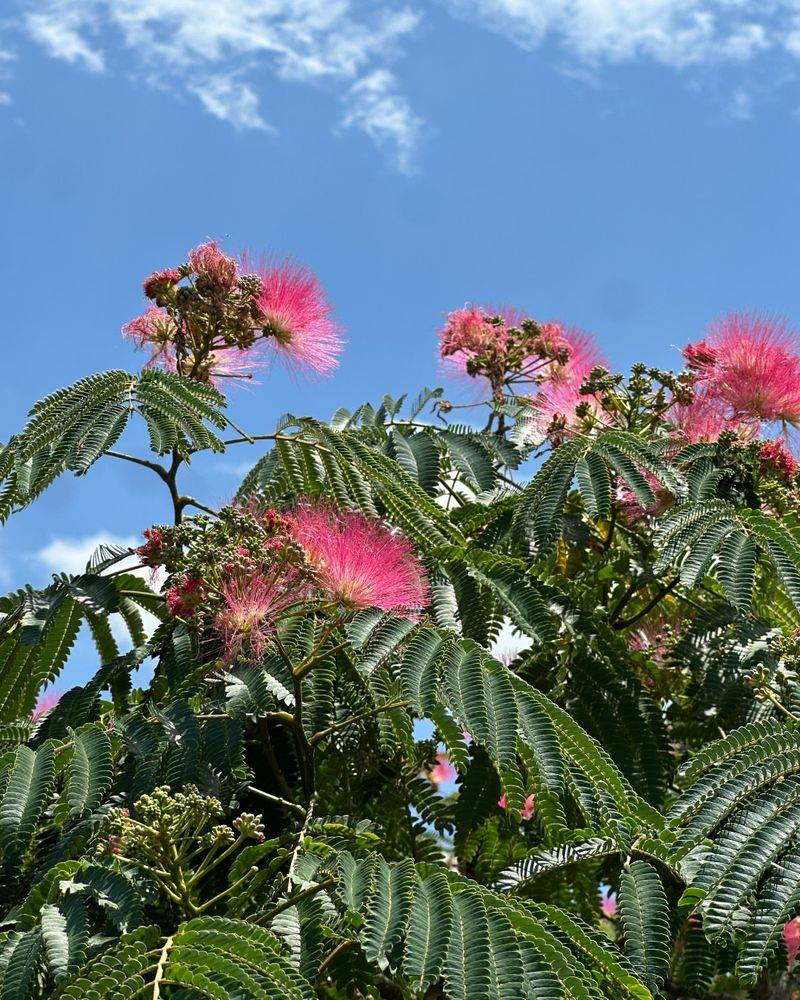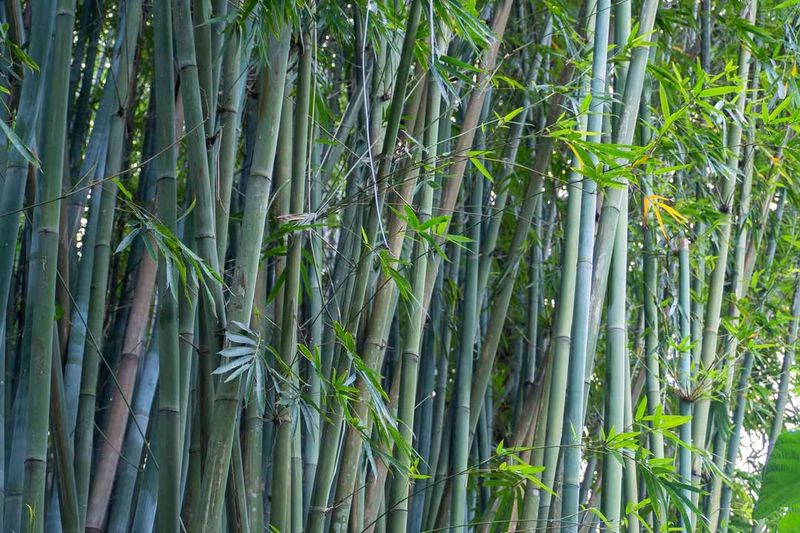Some garden favorites in Mississippi now face closer scrutiny due to invasive habits or disease risks. State guidelines continue to adjust as certain species threaten native ecosystems, agriculture, or local waterways.
Homeowners benefit from awareness before purchasing, planting, or sharing these plants. Several once-common choices may soon fall under tighter restrictions or removal requirements.
1. Chinese Wisteria
Gorgeous purple blooms make Chinese wisteria tempting for any gardener. However, this aggressive vine doesn’t know when to stop growing. It climbs trees, chokes native plants, and spreads faster than you can trim it back.
Mississippi officials worry about its impact on forests and wildlife habitats. The vine’s heavy weight can even topple mature trees. Many southern states already restrict planting it, and Mississippi may follow suit soon.
2. Japanese Honeysuckle
Sweet-smelling flowers make Japanese honeysuckle seem like a dream plant. Kids love pulling the blossoms to taste the nectar inside. But beneath that charm lies a serious problem for Mississippi’s natural areas.
This climbing vine smothers everything in its path, blocking sunlight from reaching native species. It forms thick mats that wildlife can’t navigate through. State botanists are pushing for stricter rules because it threatens local ecosystems.
3. Bradford Pear
Neighborhoods across Mississippi feature these white-flowering trees each spring. Bradford pears grow quickly and provide fast shade, which made them popular decades ago. Unfortunately, they’ve become an environmental nightmare that officials want to stop.
Branches break easily during storms, creating hazards and cleanup headaches. Worse yet, they produce thousands of seeds that sprout everywhere, crowding out native trees. Several states now ban their sale completely.
4. Kudzu
Known as the vine that ate the South, kudzu grows up to a foot per day during summer. Farmers once planted it to prevent soil erosion, but that decision backfired spectacularly. Now it blankets entire hillsides and abandoned buildings.
Kudzu kills trees by blocking their sunlight and adding crushing weight to branches. Mississippi already discourages planting it, but tougher restrictions could be coming. Controlling existing patches costs millions of dollars annually.
5. Nandina
Landscapers love nandina for its red berries and year-round color. Homeowners plant it near foundations because it stays compact and looks tidy. What many don’t realize is that those pretty berries poison birds, especially cedar waxwings.
Birds eat the berries during winter when other food is scarce, then die from the toxins inside. Mississippi wildlife experts are concerned about declining bird populations. Restrictions on nandina sales could protect native species from harm.
6. English Ivy
Charming ground cover or ecosystem destroyer? English ivy plays both roles depending on who you ask. Gardeners appreciate how it fills bare spots and stays green all winter long.
Problems arise when ivy climbs trees and covers their bark completely. The extra weight makes trees unstable during storms, and the dense coverage harbors pests and diseases. Mississippi may restrict it because it escapes gardens and invades natural forests, outcompeting native ground plants.
7. Cogongrass
Brought to America as packing material, cogongrass escaped and conquered huge areas. Its razor-sharp leaves cut skin easily, making it dangerous to remove by hand. Roots dig incredibly deep, making eradication nearly impossible once established.
Farmers hate cogongrass because cattle won’t eat it and it crowds out useful pasture grasses. It increases wildfire intensity, threatening homes and forests. Mississippi already regulates it strictly, but enforcement may become even tougher soon.
8. Chinese Privet
Privacy hedges made Chinese privet a landscaping staple for generations. Birds eat the berries and spread seeds everywhere, creating impenetrable thickets in forests and along streams. Native plants can’t compete with its aggressive growth.
Mississippi’s natural areas suffer when privet takes over, reducing biodiversity and changing soil chemistry. Removing established privet requires years of persistent effort. State officials are considering sales restrictions to prevent further spread into wild areas.
9. Water Hyacinth
Beautiful purple flowers float atop glossy green leaves, making water hyacinth look perfect for backyard ponds. Appearances deceive in this case. A single plant multiplies into thousands within weeks, choking entire waterways.
Dense mats block sunlight, killing fish and underwater plants. Boats can’t navigate through the thick growth. Mississippi waterways already struggle with hyacinth infestations. Banning it from garden centers could prevent homeowners from accidentally releasing it into lakes and rivers.
10. Mimosa Tree
Fluffy pink flowers and delicate leaves give mimosa trees a tropical appearance. Children enjoy playing with the seed pods that curl when touched. Despite their beauty, these trees create serious problems for Mississippi’s native forests.
Mimosas produce thousands of seeds that germinate easily anywhere. They grow fast but live short lives, breaking apart and creating messes. Their shallow roots make them weak during storms. Regulations may soon limit their sale to protect natural habitats.
11. Bamboo
Bamboo creates instant privacy screens and adds exotic flair to yards. Running varieties spread through underground stems called rhizomes, which can travel dozens of feet from the original planting. Neighbors often discover bamboo invading their property without permission.
Controlling bamboo requires constant vigilance and heavy barriers buried deep underground. Mississippi homeowners file complaints about bamboo invasions regularly. State lawmakers are examining whether to restrict certain aggressive bamboo species to prevent property disputes and environmental damage.

